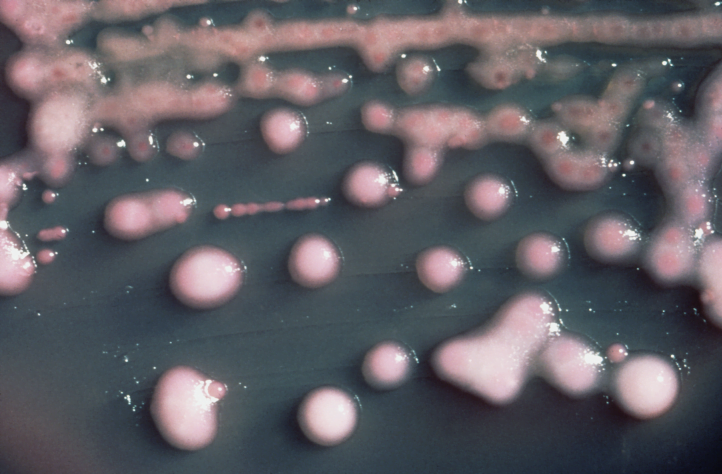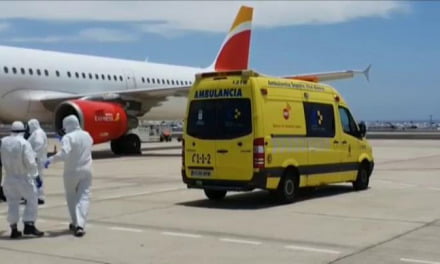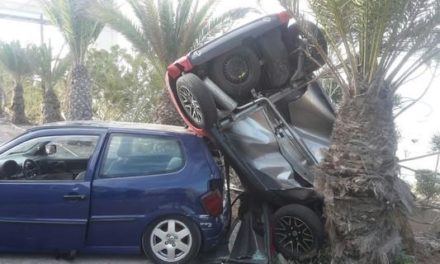
The ECDC produced a report to help medical professionals understand any potential “threat”
On June 28th the European Centre for Disease Control (ECDC) reported that a “cluster” of cases had been brought to their attention between January and April of 2018 with regard to patients found to be carrying a particular bug known as Klebsiella pneumoniae ST392 in holiday makers all known to have previously travelled to Gran Canaria in the last year. They produced a report to help medical professionals understand any potential “threat” as the strain may be antibiotic resistant.
8 cases were reported in Sweeden, 6 of whom had travelled to Gran Canaria in the last 12 months and 7 cases were reported in Norway who also had recently been on the island. In total 13 people who had at some point in the last 12 months visited Gran Canaria, collectively grouped as a “cluster”. Furthermore a significant number of these 13 were also found to have all visited the same hospital in that time, raising the likelihood that this is where they contracted the bug. This is what they call a “tight-cluster” The ECDC updated their report last week.

Inoculated MacConkey agar culture plate cultivated colonial growth of Gram-negative, small rod-shaped and facultatively anaerobic Klebsiella pneumoniae bacteria. K. pneumoniae bacteria are commonly found in the human gastrointestinal tract, and are often the cause of hospital acquired, or nosocomial infections involving the urinary and pulmonary systems.
Klebsiella pneumoniae is naturally present in your mouth, your skin and your intestines and never usually causes any issues. However it has been known to cause destructive damage to the lungs leading to pneumonia if inhaled or if it enters the bloodstream through an open wound can cause blood infections, sometimes serious. Neither cause is likely to occur outside of a hospital setting, hence the importance of identifying the medical centre the patients had in common.
Those most at risk of infection are patients with underlying respiratory conditions, diabetes, alcoholism, malignancy, liver disease, chronic obstructive pulmonary diseases, or who have had glucocorticoid therapy, renal failure etc. It cannot be transmitted through the air, and is instead most likely to travel on unwashed hands of medical staff or possibly invasive implements inserted into the body. There is next to no risk in hotels or on beaches or anywhere else outside a medical setting.
The advice from the ECDC has been simply to raise awareness of the need to screen any patients presenting symptoms to find out whether they have recently travelled to Gran Canaria, and indeed if they attended any medical centres while on the island. If so then the patient should be screened for Klebsiella pneumoniae ST392 or similar.
It is still not known which hospital the tourists all visited, though some reports have mentioned a Private Hospital in the south of Gran Canaria, which really only leaves one, maybe two, possible places.
The situation is, at least for now, completely and utterly under control with next to no risk whatsoever to the public.

The idea of this infection “sweeping the Canary Islands” or indeed heralding the oncoming zombie apocalypse starting on Gran Canaria is pure hyperbole, utter bollocks and poppycock of the most resounding kind!
Thank you tabloid reading Britain for raising unmerited fears once more, we here on Gran Canaria will continue to enjoy our lack of pandemic horror, laying on our pristine uninfected beaches under blue skies and bright sunshine, as you all continue to eat up the garbage produced by your so-called newspapers.
This is an EU super-bug for EU people, so you Brits have little to worry about after next March, other than the future difficulties you might well encounter thanks to your laudable press and fear mongering politicians. Good luck with that.













